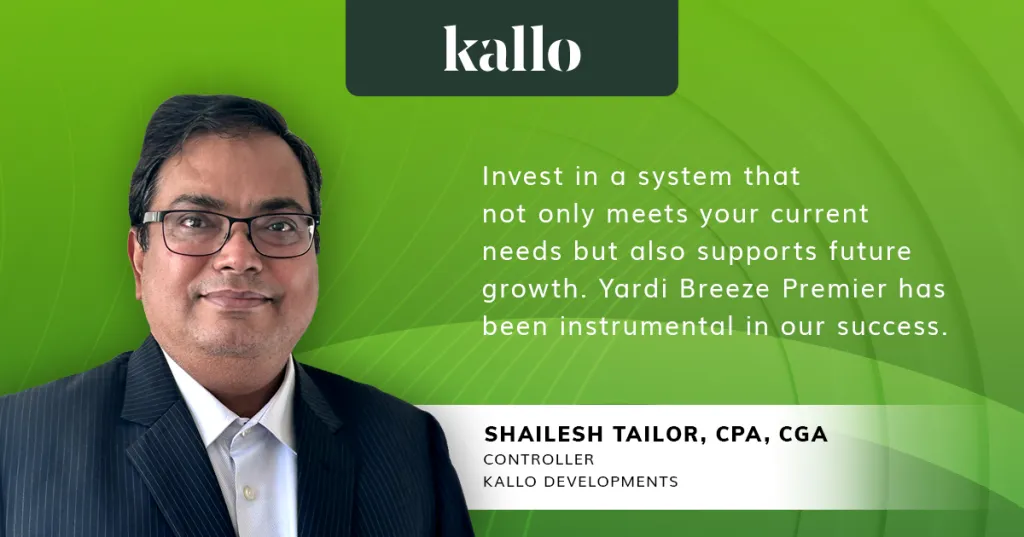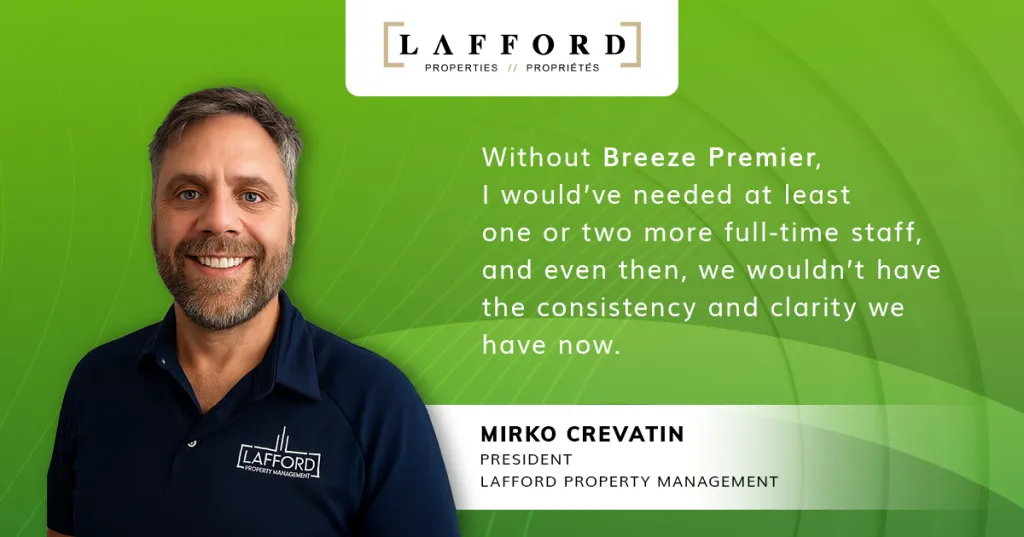The best property managers are also great leaders. If you’re not dotting your i’s and crossing your t’s, chances are your business will hurt as a result. You don’t have to be perfect, but it’s always good to know your strengths and weaknesses. That will help you build a team that complements your strengths, makes up for your weaknesses and enjoys one another’s company. These 11 traits don’t simply affect property managers. They’re traits every great leader needs.

1. Treat kindness as a strength
It is so important to be kind to your tenants and employees, and it’s possible to be a straight shooter without being rude. If you can manage that, you can manage any communication issue that comes your way.
2. Don’t get pushed around
We put this one next on the list because it perfectly follows number one. It’s important to balance out kindness with assertiveness. Property managers have to be fair to their tenants and employees, but they don’t have to cater to every whim. You’ve heard “the customer is always right,” but that’s ridiculous.
You don’t have infinite time or resources, and you shouldn’t have to give up your dignity just to please a customer. Sometimes you have to draw a line in the sand. (But do it kindly.)
3. Be consistent
There are so many leadership styles. Hands-off leaders tend to let employees set their own schedules and routines. As long as each team member is reaching the team’s objectives, the hands-off leader doesn’t get too involved with day-to-day operations. This lets experienced employees feel more independent, but newer employees may feel they don’t have enough direction.
Some leaders demand that things be done a certain way or in a certain order. As you can imagine, this works well in the military or a surgeon’s operating room, but it may not be effective for team morale in other settings.
Very few people have one leadership style, so it’s not like you have to pick one. Some people become more demanding under stress, while others never wear their emotions on their sleeve. You don’t have to be loud or bubbly, nor do you have to give inspiring speeches. And you certainly don’t have to run around giving everyone in the office high fives. Be you—just be the same you, consistently.
Regardless of your personality and leadership style, it’s so important for employees to know what to expect from you.
4. Have a sense of humour
Your employees are going to spend more time with you at work than they will with friends and loved ones at home. Imagine spending that much time in a place that’s mostly dead silent and serious. You’d probably have a hard time recruiting the best talent.
People want to enjoy their surroundings. Just because someone is laughing does not mean they are goofing around. As long as the work is getting done, let the laughter live.
And if you don’t have employees, you still have your tenants to consider. They’re most likely to reach out when there’s a problem, so a touch of lightheartedness might go a long way.
5. Be yourself
This one ties back to number three. Consistency is important, but so is authenticity. If you’re always “acting” at work, sooner or later your true self will come out. More than likely, it’ll happen in a time of stress.
You don’t have to pretend you’re bubbly when you’re reserved. Or vice versa. Do everyone, yourself included, a favour and just be your most natural self.
6. Be okay with being wrong
As the property manager, you’re going to be looked up to for answers. You’re not going to be right every single time, so be humble enough to admit when you’re wrong. People want honesty more than they want perfection.
7. Give credit where its due
One of the worst things a property manager can do is take credit for someone else’s idea. If someone comes up with a unique solution to a problem, be sure to recognize them. If the property owner is impressed by someone else’s idea, make sure that the employee knows they really shined. People work harder and better when they feel valued.
8. Provide incentives and rewards
This is the yin to number seven’s yang. If you’re giving people credit for their work, they’re going to feel good. Eventually, however, they’re going to expect a reward. The reward should be based on the employee’s time at your company, as well as their effort and contributions.
If an employee doesn’t feel justly rewarded for their work, verbal praise will just feel hollow.
9. Set realistic goals
It’s one thing to think big. It’s another thing to think so big that you never reach your goals. Let’s say you offer employees a quarterly incentive for getting 90% positive reviews on social media. That’s a challenging goal, but it’s not impossible.
But what if your goal is even bigger: 100% satisfaction? Are you a better leader for setting a bigger goal? Not necessarily. If just one tenant leaves a negative review, your incentive is shot for the whole quarter.
At that rate, you’re unlikely to reach your goals, and employees won’t want to work harder for the incentive.
10. Be versatile
If you’ve ever watched a basketball player do a layup, you know that every basket is a little different. It all depends on where the defender is standing, how fast they’re moving, etc. The player has to be versatile each time they do that one simple move.
When you get a maintenance request in Yardi Breeze Premier, the process will always be more or less the same. You and your staff will get the request, call any contractors, track the progress, etc. The steps are the same, but it will feel a little different each time. That’s why versatility is important. If the solution you used last time isn’t working, you’ll need to think on your feet.
11. Stay accountable
When something goes wrong, good property managers hold themselves accountable. They don’t blame their staff or the computer. Instead, they look at what they need to do to solve the problem. The solution could be to offer more training. Every good leader is willing to hold themselves to the same standards they hold others.
Final thoughts on great property managers
Hopefully, this doesn’t feel overwhelming. Anyone can learn to be a good property manager. It just takes effort, time and patience. Having the right tools for the job helps every leader, and refreshingly simple property management software is important. Breeze Premier makes it easy to set budgets while automating marketing, accounting and owner reporting. That doesn’t mean it’s going to do the work for you, nor will it make you a great leader. That part’s up to you.



